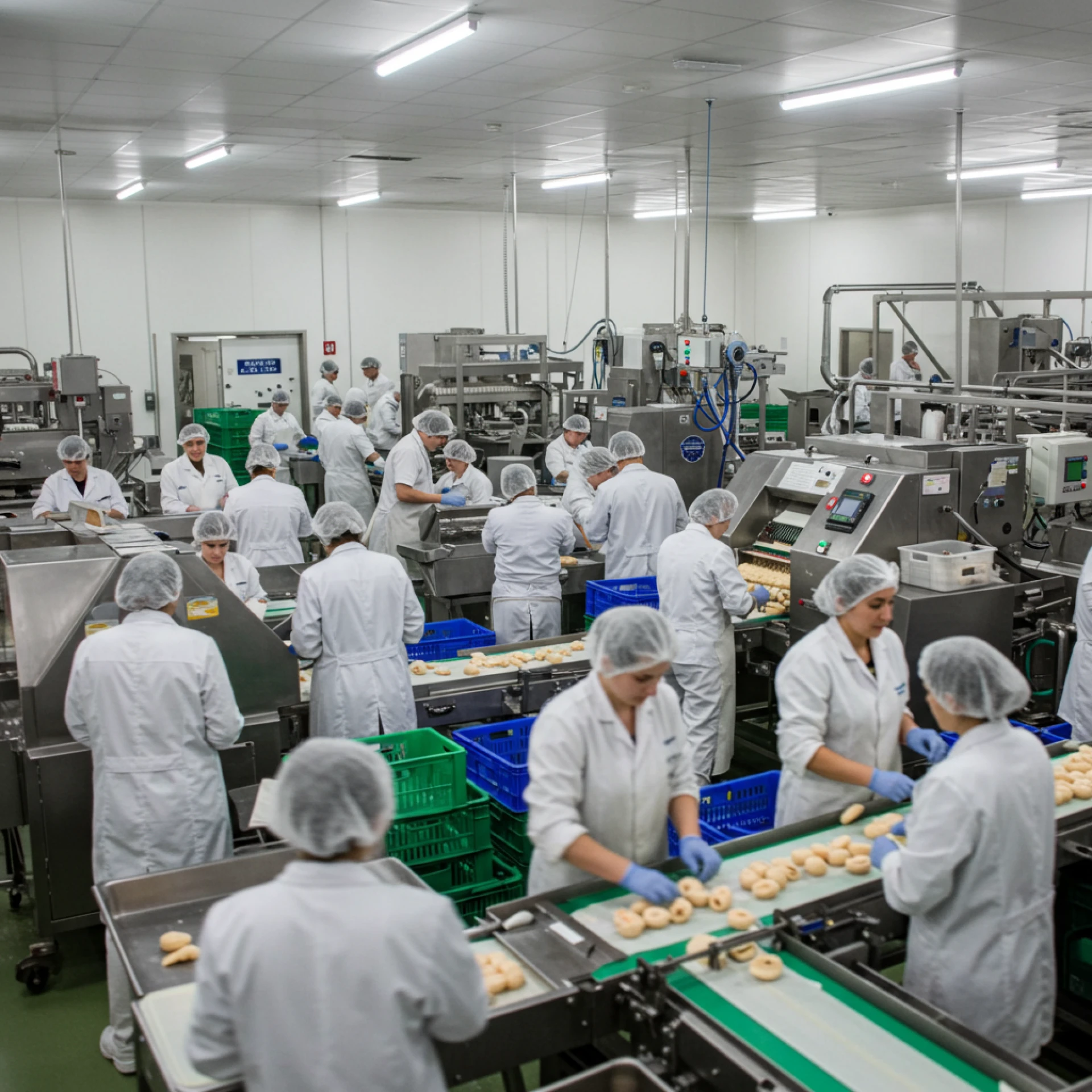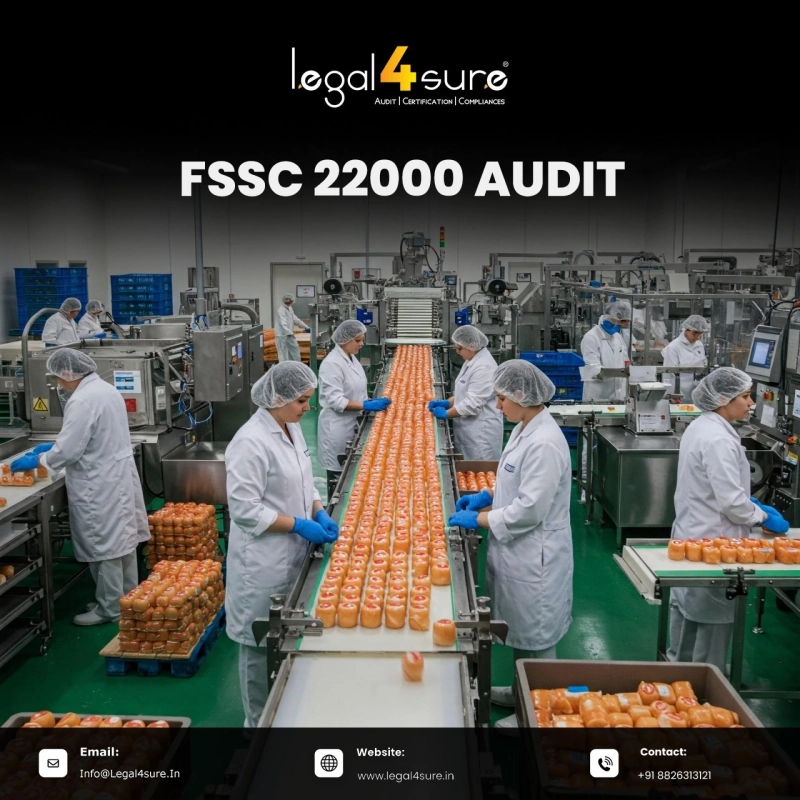The FSSC 22000 standard is a globally recognized food safety management system that helps organizations ensure the safety and quality of their food products. To maintain FSSC 22000 certification, organizations must undergo regular audits to verify their compliance with the standard's requirements.
What is an FSSC 22000 Audit?
An FSSC 22000 audit is a comprehensive assessment of an organization's food safety management system. The audit is conducted by an independent certification body to ensure that the organization meets all of the requirements of the FSSC 22000 standard.
Why is an FSSC 22000 Audit Important?
FSSC 22000 audits are important for a number of reasons, including:
- Ensuring food safety: FSSC 22000 audits help to ensure that organizations have the systems and processes in place to prevent food safety hazards.
- Maintaining certification: Organizations must pass regular audits to maintain their FSSC 22000 certification.
- Improving food safety management: FSSC 22000 audits can help organizations to identify areas for improvement in their food safety management systems.
- Demonstrating commitment to food safety: FSSC 22000 certification demonstrates an organization's commitment to food safety to customers, suppliers, and other stakeholders.

What Happens During an FSSC 22000 Audit
FSSC 22000 audits typically involve a number of steps, including:
- Document review: The audit team will review the organization's food safety management system documentation, including its Hazard Analysis and Critical Control Points (HACCP) plan, Standard Operating Procedures (SOPs), and other relevant documents.
- Site visit: The audit team will conduct a site visit to observe the organization's operations and interview employees.
- Testing: The audit team may also conduct product testing to verify the safety and quality of the organization's products.
- Reporting: The audit team will issue a report detailing the findings of the audit.
How to Prepare for an FSSC 22000 Audit
Preparing for an FSSC 22000 audit can be a complex process, but there are a number of things that organizations can do to increase their chances of success. These include:
- Developing a strong food safety management system: The organization's food safety management system should be well-documented and implemented.
- Training employees: All employees should be trained on the organization's food safety management system and their roles and responsibilities.
- Conducting internal audits: Organizations should conduct regular internal audits to identify and correct any problems.
- Working with a qualified consultant: A qualified consultant can help organizations to prepare for and pass FSSC 22000 audits.
Conclusion
FSSC 22000 audits are an essential part of maintaining food safety management systems. By following the tips in this article, organizations can increase their chances of success and demonstrate their commitment to food safety.


